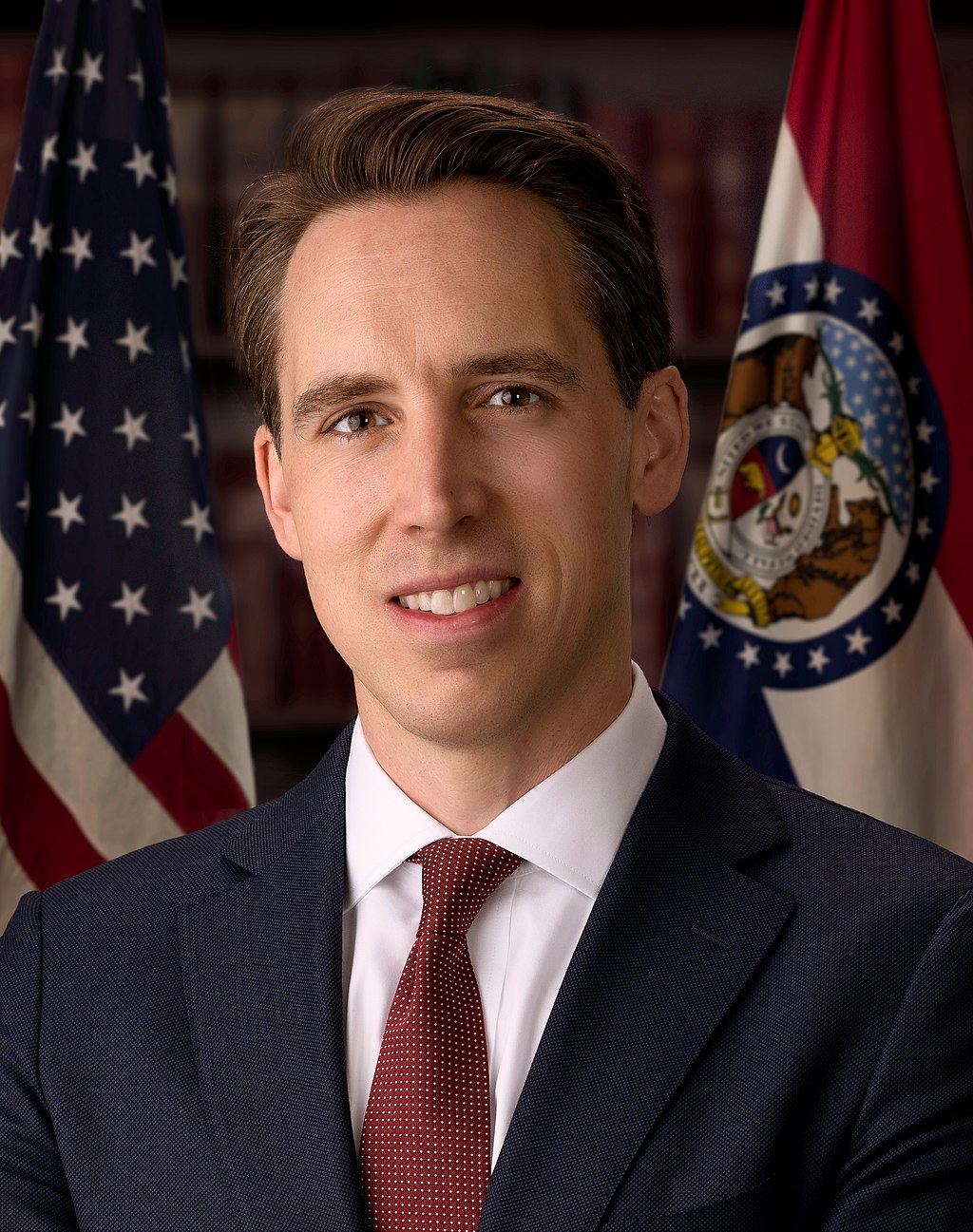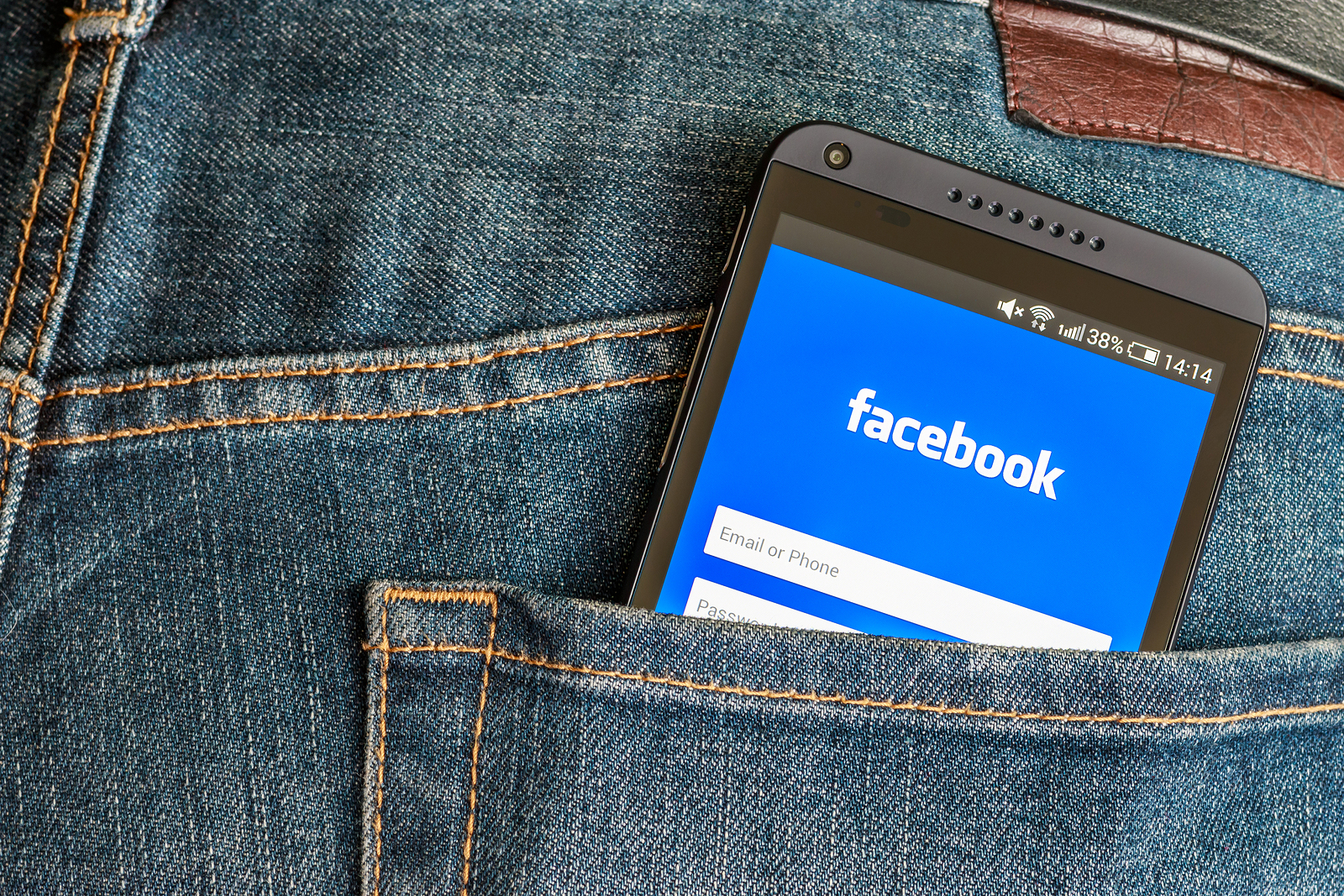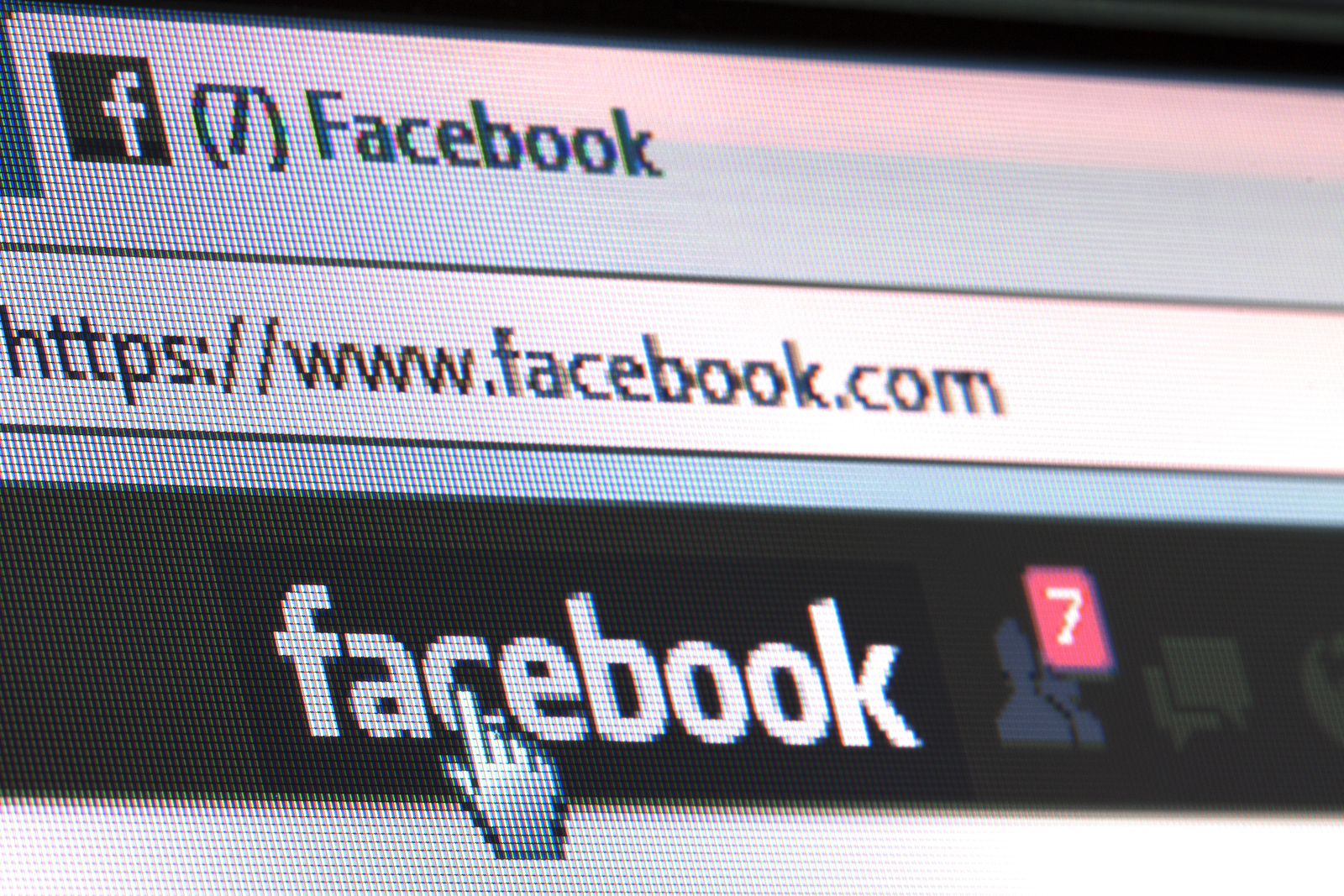Sen. Josh Hawley, Tech Experts Slam Google, Social Media at Tech Event

Sen. Josh Hawley (R-Mo.) thinks Silicon Valley is bad for economic and societal growth — and he wants Congress to do something about it.
“There is something deeply troubling — even wrong — about social media companies,” he said at a tech event hosted by the Hoover Institution on May 2. “Is Silicon Valley the best our best minds can offer?”
Hawley described how social media companies’ entire business model is to get you on their platforms and keep you there — in other words, addiction. Hawley said social media is likely a factor in the surge of teen suicides and overall rise of mental health issues like anxiety and depression.
Hawley also accused Big Tech companies of crippling the free market in Silicon Valley. Hawley wants to ensure existing platforms don’t stay entrenched and disadvantage small platforms.
“As a free market guy, I think the steps we need to take are pro-competitive,” he said. “One of the things that concerns me about Silicon Valley is, I’m not sure how competitive it actually is. Let’s be frank here, [Big Tech’s] interest is in their bottom line.”
Hawley and other tech experts at the event slammed Big Tech — specifically Google — for supporting policies to keep themselves entrenched as the dominant players in their markets. Some examples include net neutrality and Section 230 of the 1996 Communications Decency Act.
But not everyone at the Hoover Institution event agreed on the best way to address the issues. Some argued for an antitrust approach while others said the U.S. needs to brainstorm an entirely new regulatory framework to deal with tech giants.
Frank Pasquale, professor of law at the University of Maryland, started a panel discussion by describing how Google originally advocated for net neutrality because Google “wanted assurance that internet service providers (ISPs) wouldn’t block or throttle traffic” for different websites.
Luther Lowe, senior vice president of public policy at Yelp, detailed how Google used the net neutrality crusade to cement its own dominant market position. When Google and other tech platforms — like Yelp — originally supported net neutrality, Lowe said everyone seemed to worry about ISPs discriminating against tech platforms.
But then, Lowe said, Google “began to change the rules.”
“They began to siphon more traffic for itself,” he told the event attendees. When you search for something on Google.com, he explained, “you’re steered into a Google house product.”
Yelp accused Google of prioritizing traffic toward Google reviews of restaurants, retailers and other storefronts instead of Yelp reviews several times over the last decade.
Lowe said Yelp even created a Google Chrome extension to show how Google manipulates search results to direct traffic toward Google’s own in-house products (like Google reviews) or websites that pay Google the most in advertising dollars, effectively proving that Google does not benefit consumers.
“Consumers will be unwittingly mismatched to information because of the fast lanes Google gives itself,” Lowe said.
Pasquale also pointed out that Google paid Apple $9 billion to make Chrome the default search engine on iOS, according to Goldman Sachs data, supporting Lowe’s argument.
Former counsel for the House Judiciary Committee Dan Huff argued that lawmakers should be less concerned about ISPs than edge providers like Google engaging in discriminatory behavior.
“The Democrats pushing the Save the Internet Act (which restores the Federal Communications Commission’s 2015 Open Internet Order, which classifies ISPs as telecommunications providers subject to Title II regulation) don’t seem to notice there are two components to the issue,” Huff said, referring to Big Tech. “You should be more worried about discrimination by platforms than discrimination by carriers.”
In other words, they argued, net neutrality rules should address edge providers as well as ISPs.
The panelists also discussed Section 230 as another example of Google using public policy to entrench its market position. Section 230 grants tech platforms immunity from legal liability for what its users post or link to on the platform.
While restricting or rescinding Section 230 raises serious censorship concerns, the panelists pointed out how Google uses Section 230 protection to its advantage as a monopolistic tech payer.
“They built a million dollar business on not being liable for copyrights,” said Jeremy Carl, one of the panelists and a research fellow at the Hoover Institution.
His comment echoes the Oracle v. Google case, in which Oracle accuses Google of ripping off Oracle’s application programming interface (API) platform, Java SE, for Android then making billions of dollars off Android.
Part of the reason Google was able to do this, explained Hoover research fellow Adam White, is because Google was so influential in the public’s understanding of the internet.
White noted how Google’s mission “to organize the world’s information and make it useful” is inherently dangerous because it allows Google to define what “information” is and what “useful” means, essentially granting Google a monopoly over the very terms that define how we use the internet. It’s also why Google got along so well with the Obama administration, he said.
“I understand the impulse to go with antitrust,” he said, referencing 2020 presidential candidate Elizabeth Warren’s plan and other lawmakers’ comments to use antitrust law to break up Big Tech, “but I think it’s a little shortsighted. It might be a proxy for some of the problems. We need to think up an entirely new regulatory framework.”
White warned that whatever the U.S. decides to do with Big Tech, they will be stuck with that regulatory precedent for decades, just like how the feds still use the 1934 Communications Act to regulate telecom.
“I think we ought to think about forcing these companies to provide more disclosures and transparency [about how they operate],” White said. “We should start with transparency. Companies say they’ll protect your data but they don’t really consider it your data, they consider it their data that you’ve given them.”
But Hawley and other members of Congress seem to be leaning towards the antitrust route.
At a Senate Judiciary Subcommittee on Antitrust, Competition Policy and Consumer Rights hearing in March, Hawley advocated for using antitrust law against Big Tech. In November 2017, when he served as attorney general for the state of Missouri, he opened an antitrust investigation of Google on consumer protection and privacy issues, which is still ongoing.
“You’ve got to have the rule of law for markets to function,” he said at the Hoover tech event. “This is a market so new to us that we haven’t kept up. Is the market really well functioning when consumers don’t know what’s being taken from them (personal data) and can’t meaningfully get it back?”
As Pasquale said to end the panel discussion, “We’re sleepwalking into giving all of this power to these very large firms, and we might want to rethink that.”





